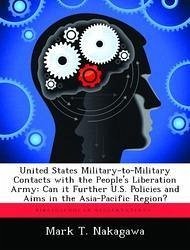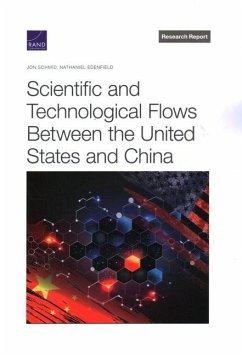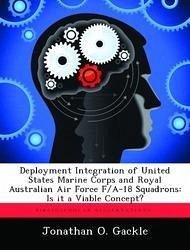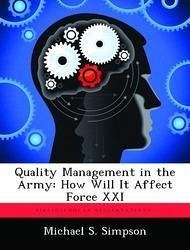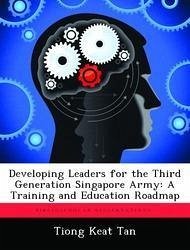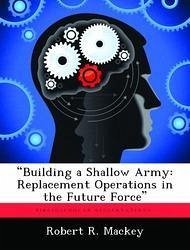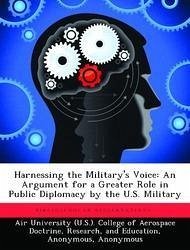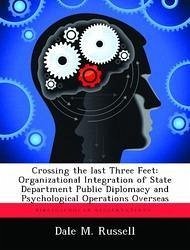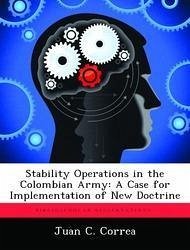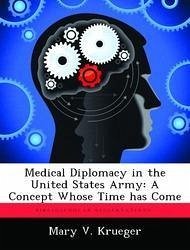
Medical Diplomacy in the United States Army: A Concept Whose Time Has Come
Versandkostenfrei!
Versandfertig in über 4 Wochen
52,99 €
inkl. MwSt.

PAYBACK Punkte
26 °P sammeln!
Prior to the attacks of September 11th the United States Military founded defense plans on a threat-based model, with the nation being prepared to conquer adversaries with the most advanced combat power. The 2001 attacks and subsequent Global War on Terrorism have led to a new geopolitical reality, where military planners must increase US combat effectiveness in a new way by denying refuge to the terrorists who wish to defeat US troops, as well as the Western way of life. Medical diplomacy is a nonlethal tool used in combination with economic and diplomatic efforts to achieve this end. The Arm...
Prior to the attacks of September 11th the United States Military founded defense plans on a threat-based model, with the nation being prepared to conquer adversaries with the most advanced combat power. The 2001 attacks and subsequent Global War on Terrorism have led to a new geopolitical reality, where military planners must increase US combat effectiveness in a new way by denying refuge to the terrorists who wish to defeat US troops, as well as the Western way of life. Medical diplomacy is a nonlethal tool used in combination with economic and diplomatic efforts to achieve this end. The Army has engaged in activities labeled as medical humanitarian assistance throughout the 20th century with varying degrees of success. The current, continuous, low-level conflict makes a consistent, effective plan for leveraging medical diplomacy, a directed form of humanitarian assistance, of paramount importance. When utilized effectively, medical diplomacy can alleviate suffering, as well as provide stability, through economic development, and legitimacy to the supported government. These actions collectively deny refuge to terrorists. This thesis will define medical diplomacy, review its history in Army medicine, and determine through qualitative analysis the characteristics of effective medical diplomacy. These characteristics will then be used to create a framework with which to evaluate current Army doctrine and lessons learned observations from OIF/OEF in regards to their adherence to sound principles of medical diplomacy.





